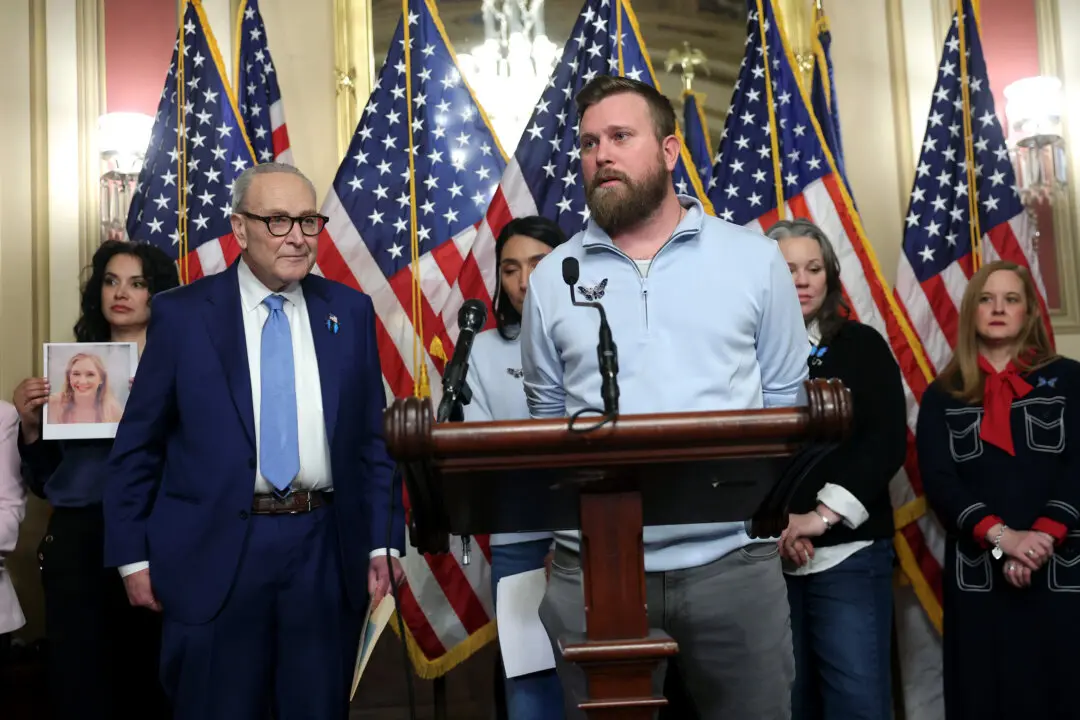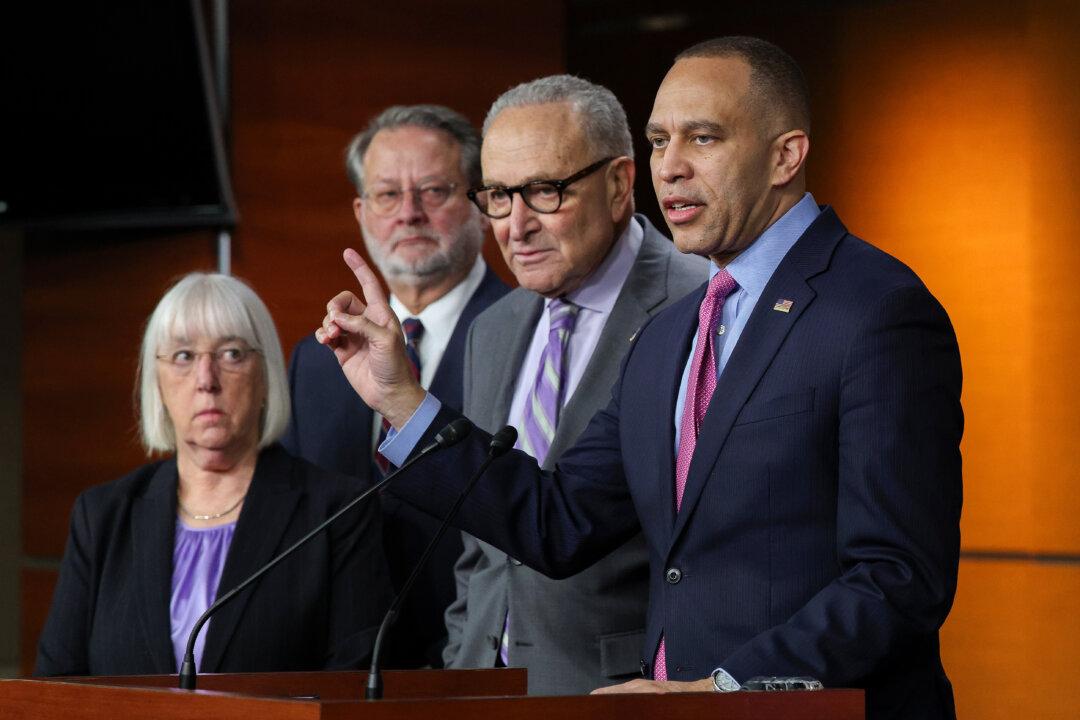A decision to deny a man the right to register to vote in Tennessee after receiving clemency in Virginia for a crime he committed in 1986 was upheld by the Tennessee Supreme Court on June 29.
The 3–1 decision (pdf) came after Ernest Falls, a Tennessee resident since 2018, tried to register to vote in 2020 after he was granted clemency by then Virginia Gov. Ralph Northam for an involuntary manslaughter conviction.





